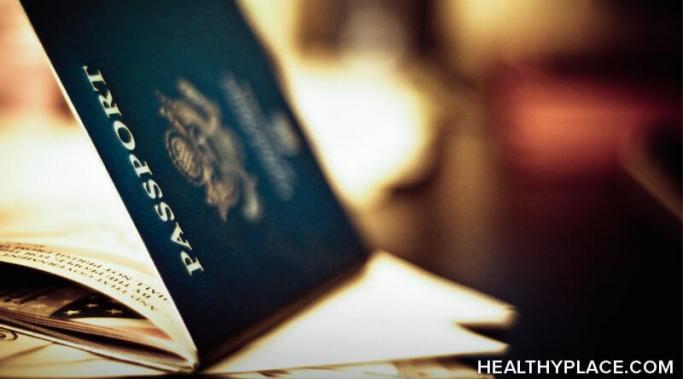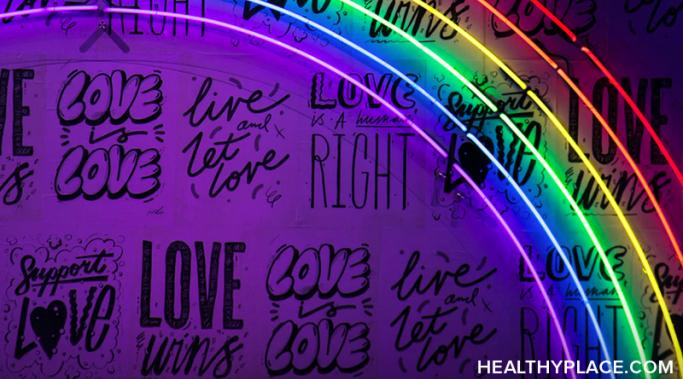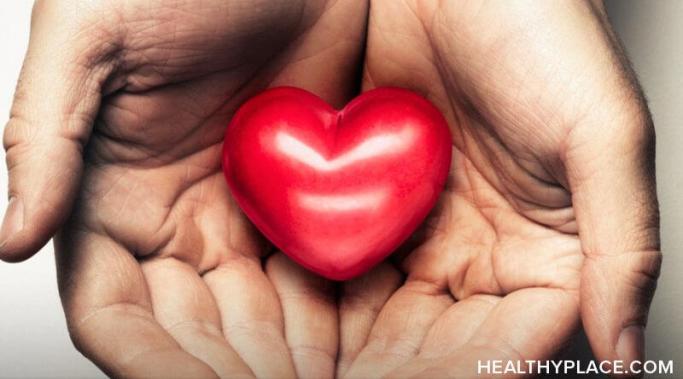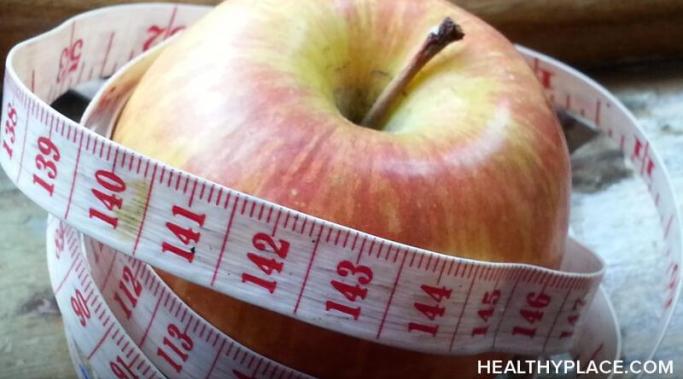I just returned from a two-week trip overseas to England, Scotland, and Ireland. I love to explore the beauty of this earth and immerse myself in all kinds of unique cultures, but if I am not careful, traveling will often coax my eating disorder back to the surface. While I do have quite an adventurous streak, I also tend to feel anxious when I deviate from my normal routine, which can open the door for a certain uninvited guest—otherwise known as my eating disorder—to hitch a ride on the trip. However, since I am not about to stop traveling, here are a few strategies I use in order to ensure this pesky eating disorder will not ruin my vacation.
Coping Skills for Eating Disorder Recovery
I have permission to enjoy food. As obvious as this sounds, it's one of the most impactful realizations I've come to learn in eating disorder recovery. In the darkest seasons of my illness, I believed that showing a preference for any food at all was a sign of weakness. I would not allow myself to acknowledge pleasure in the flavors or textures of anything I ate. Food was purely utilitarian back then—I consumed just enough to stay alive and placate the concerns of those around me. But the more I heal, the more I learn that food is a source of nourishment and enjoyment. So I can grant myself permission to experience both.
In a previous blog post, I illustrated how I combat harmful thoughts about food. Now, I want to take this a step further and examine how I recalibrate behaviors around eating. These days, I have a healthier relationship with food than I ever thought possible. I attribute much of this transformation to a framework called intuitive eating—and the decision to make a peace treaty with food as part of my eating disorder recovery.
It would be a blatant lie to insinuate that eating disorder (ED) belief systems and thought patterns never cross my mind. Even with all the diligent, consistent recovery work I have put in over the years, I am still not immune to occasional insecurities, temptations, and criticisms from the eating disorder voice that once consumed each waking moment of my life. However, while I used to reactively listen and submit to this voice—no questions asked—I now understand there are healthier, more empowering alternatives. So how do I respond when these ED thoughts re-surface? I talk to my reflection in the mirror.
The National Eating Disorders Association runs an annual social media campaign each June called #NEDAPride. I just learned of its existence, but I love it already. As someone who is both queer and in eating disorder recovery, this combination feels so poignant to me.
Receiving affirmation does not come naturally to me. My instinctive reflex is to feel uncomfortable whenever someone compliments me—even if the person doling out this kindness is a family member, close friend, or my partner. I automatically want to minimize the compliment so as to deflect attention as far from myself as possible.
The phrase "clean eating" is often used in wellness circles to denote a preference for natural, organic foods over artificial, processed ingredients. At face value, this is undeniably beneficial. After all, the human body requires essential nutrients to function, many of which come from vegetables, fruits, and other whole foods. It's important to be mindful of this. However, I feel using the word "clean" to talk about eating habits is problematic. In extreme cases, I worry it could even influence eating disorder behaviors. In my humble opinion, clean eating is not healthy—it's a harmful trend with potentially serious consequences.
I have a few tattoos that symbolize the path I walked to heal from an eating disorder (ED). Some are more recognizable than others, but all of them are meaningful to me. However, with that being said, I've recently started to think twice before I discuss these ED recovery tattoos with acquaintances—or even friends—who ask about them.
I used to subscribe to the toxic positivity message. I wanted to believe that if I could maintain a persona of relentless confidence, enthusiasm, resilience, and optimism, then I would eventually outdistance the pain of my eating disorder.
Disclosing an eating disorder can be uncomfortable—even downright scary. In fact, research shows the prevalence of those who suffer from eating disorders is vastly underrepresented. A 2019 estimate from the Global Burden of Diseases reveals that as many as 41.9 million eating disorder cases were unreported over the course of just one year.









